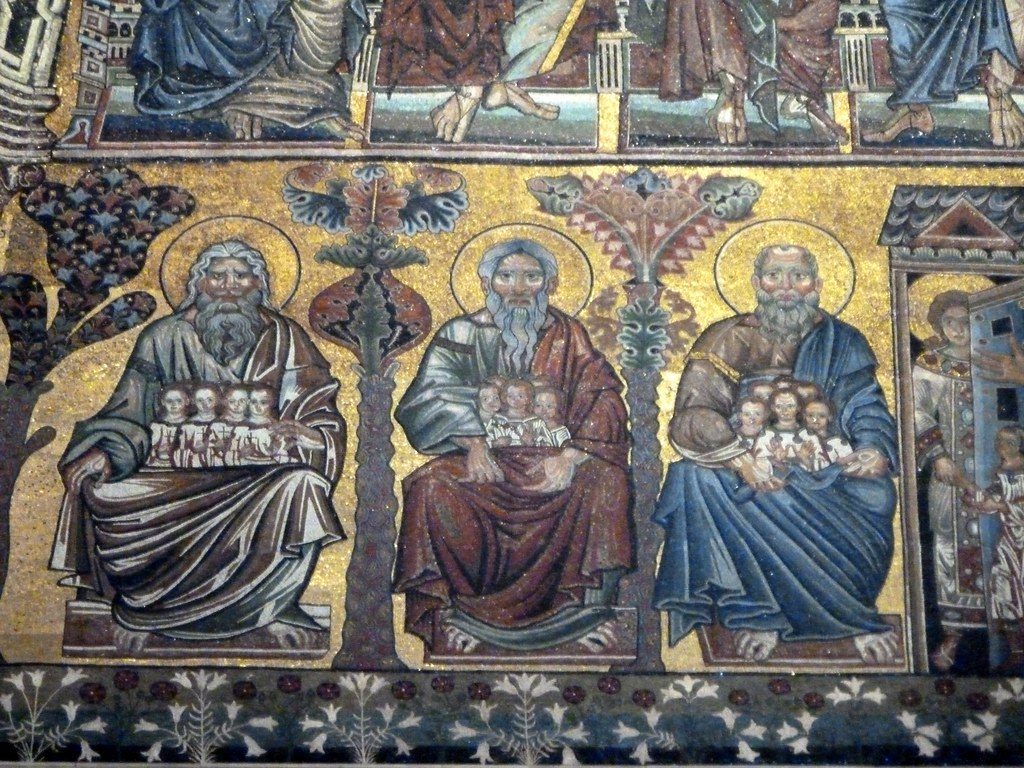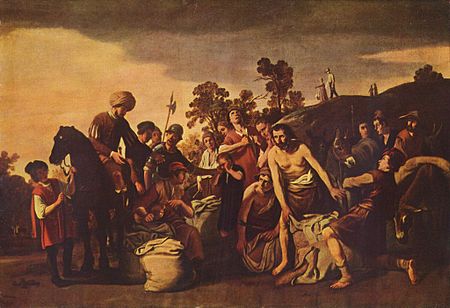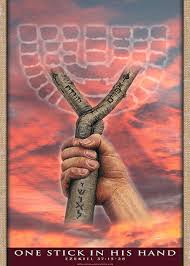
Scripture records that Abraham was the patriarch (literally chief father) of the Hebrew people, and a pillar of faith because of his trust in and obedience to YHVH Elohim. As such, he is often referred to as the Father of the Faithful. But when Elohim first called this man of faith and grandfather of the Israelite people, was he a giant in his faith? Not at all. Yes he had faith, but his faith was imperfect; it had to grow, and it was a process, which we will discuss below.
Abraham’s faith, like the proverbial mustard seed, started out small, but it was still enormous compared to most other people. After all, on a mere promise from Elohim, he uprooted his entire family and travelled on foot hundreds of miles across the dangerous desert and through various countries and encountering many hardships along the way in hopes of a better life. It was if he were moving from New York City to Jawbone Flats, Oregon, a virtual ghost town in the mountains—population four!
Abraham’s first steps of faith were measured, cautious, incremental and at times hesitant, yet through it all YHVH was gracious because Abraham’s heart was inclined to do his will. Because of Abraham’s faithfulness, YHVH still counted it to him for righteousness (Gen 15:6). Not only that, but he passed his mountain moving, gravity defying faith on to his children and grandchildren and beyond, and this legacy of faith lives on in many of his descendants to this day.
There is much that we, as the children of Abraham through our faith in Yeshua the Messiah, can learn from this pillar of faith and his immediate descendants and associates that will strengthen our own faith in YHVH Elohim and his promises.
Abraham and Sarah
Genesis 12:1, Get thee out of thy country. Did Abram immediately leave his father’s house and go directly to the country that YHVH would show him, or did he fulfill YHVH’s will for his life in incremental steps? Compare Genesis 11:31 with Genesis 12:1. Did Abram leave his father’s house completely, or take part of his father’s house with him including his father and nephew? Haran is located in northern Mesopotamia and is nowhere near Canaan. When Abram finally made his way to Canaan minus his father, did he still have part of his kindred with him, something YHVH instructed him to leave behind (Gen 12:1)? Did his nephew Lot prove to be a help or a hindrance to Abram in fulfilling YHVH’s mission for his life in a new land? What lessons can we learn from this account?
First, YHVH is gracious to us even when we don’t obey him completely and immediately. Scripture still refers to Abraham as the father of the faithful or faithfulness (Rom 4:12, 16).
Second, Abram was a man of prominence in Babylon (Chaldea), was recognized as a mighty prince (Gen 23:6), and was 75 years old when YHVH asked him to leave the comforts of life in Babylon to trek across the desert to the backwoods region of Canaan. No doubt, this was not an easy move for Abram for the reasons already stated.
Those who would follow Yeshua have to make similar choices as Abram did: to stay in the Babylon of this world, or to leave it. What did Yeshua tell his disciples about the sacrifices that they would need to make to be a follower of YHVH? (See Matt 10:35–39.) At the same time, what did Yeshua say would be the eternal rewards of those, who like our father Abraham, set out in faith for a new spiritual destiny? ( See Matt 19:29.) What physical obstacles stand in your way of fulfilling YHVH’s spiritual calling, mission and destiny for your life?
Genesis 16:1–16, Abraham takes matters into his own hands. The faith of Abraham, the father of the faithful, was tried greatly. After waiting years for a son, he finally gave in to doubt and unbelief. In stead of waiting for YHVH to give him a son, Abraham too matters into his own hands and endeavored to work out YHVH’s plans and purposes in his life through fleshly means. The result was Ishmael, the father of many of the modern Moslem Arabs. What can we learn from this mistake of Abraham?
Continue reading






